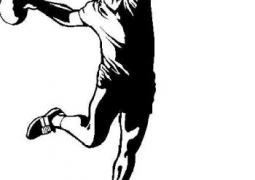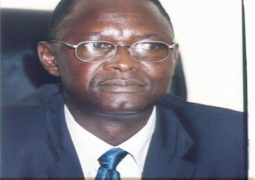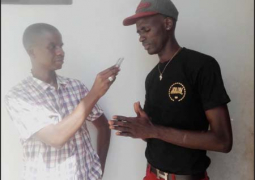US President Barrack Obama has made a powerful call for Africans to stand up for their democratic rights, stressing the need for
In an address to the Ghanian parliament on his first official visit to sub-Saharan Africa on Saturday 11th July, 2009, the American President, said
"Now let me be clear:
He went on: "We all have many identities - of tribe and ethnicity; of religion and nationality. But defining oneself in opposition to someone who belongs to a different tribe, or who worships a different prophet, has no place in the 21st Century.
The
On governance, President Obama said, development depends on good governance, saying that it's the ingredient which has been missing in far too many places, for far too long. This, he added, is the change that can unlock
On corruption, he said repression takes many forms, and too many nations are plagued by problems that condemn their people to poverty.
"No country is going to create wealth if its leaders exploit the economy to enrich themselves, or police can be bought off by drug traffickers. No person wants to live in a society where the rule of law gives way to the rule of brutality and bribery. That is not democracy; that is tyranny, and now is the time for it to end.
On colonialism and responsibility,
On aid, President Obama, Said "By cutting costs that go to Western consultants and administration, we will put more resources in the hands of those who need it, while training people to do more for themselves".
"That is why our $3.5bn food security initiative is focused on new methods and technologies for farmers - not simply sending American producers or goods to
He added that he did not see the countries and peoples of Africa as a world apart, but that he sees Africa as a fundamental part of the interconnected world - "as partners with America on behalf of the future that we want for all our children."
On health, he told Ghanians and Africans in general that yet because of incentives often provided by donor nations, many African doctors and nurses understandably go overseas, or work for programmes that focus on a single disease. This, he stated, creates gaps in primary care and basic prevention. He called on individual Africans to make responsible choices that would prevent the spread of diseases, while promoting public health in their communities and countries.
Our reporter Baboucarr Senghore was at the US Embassy in




